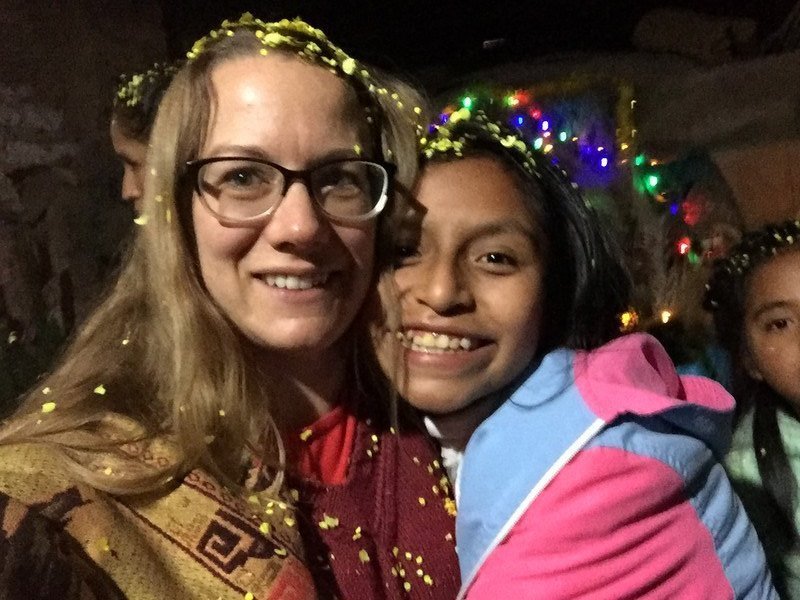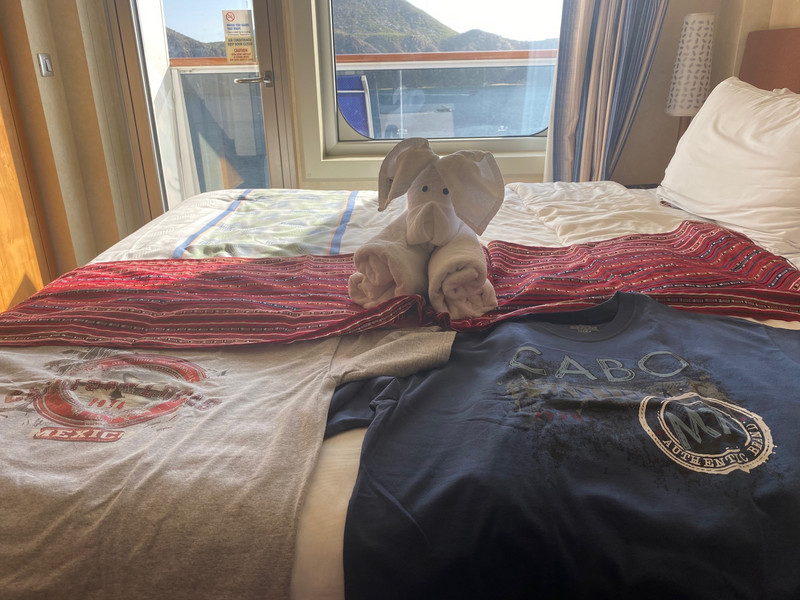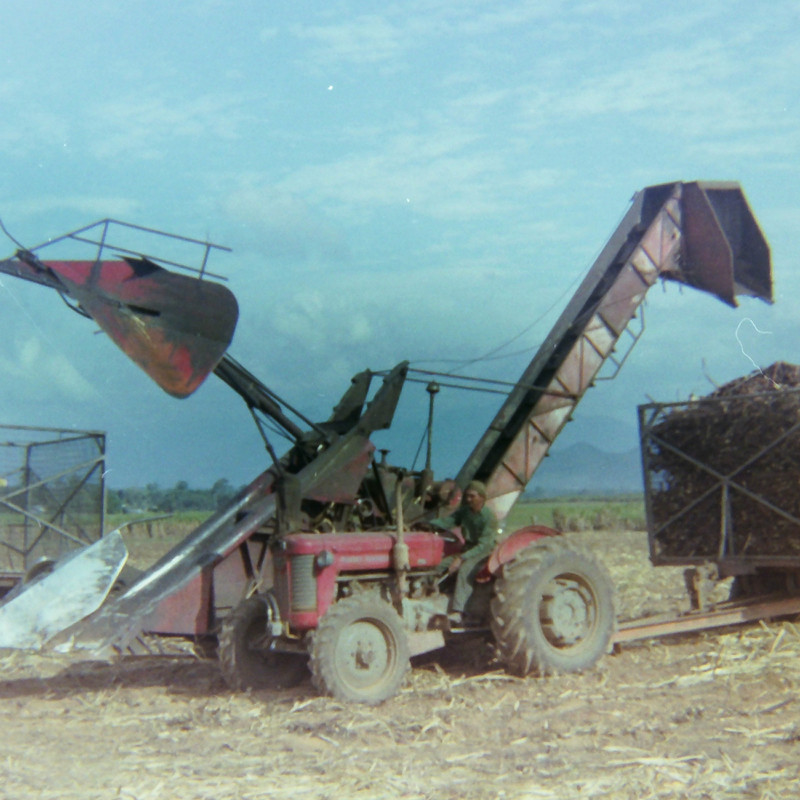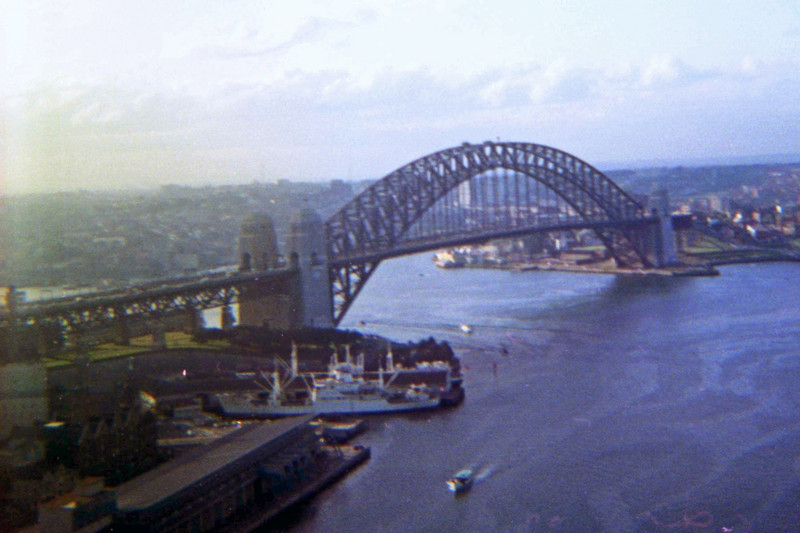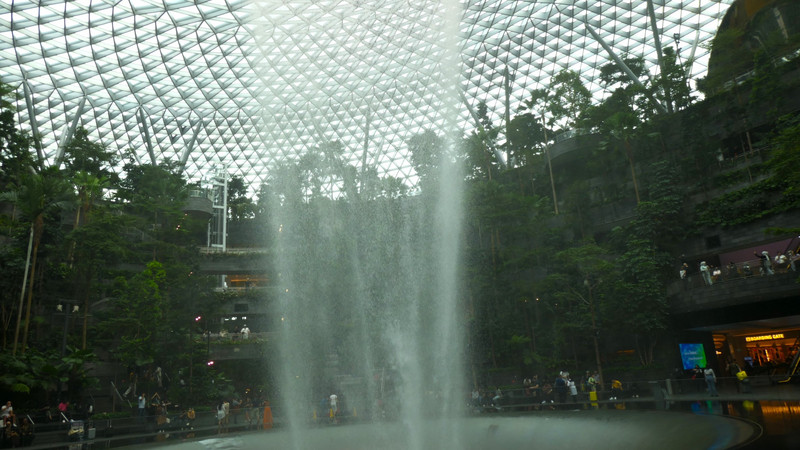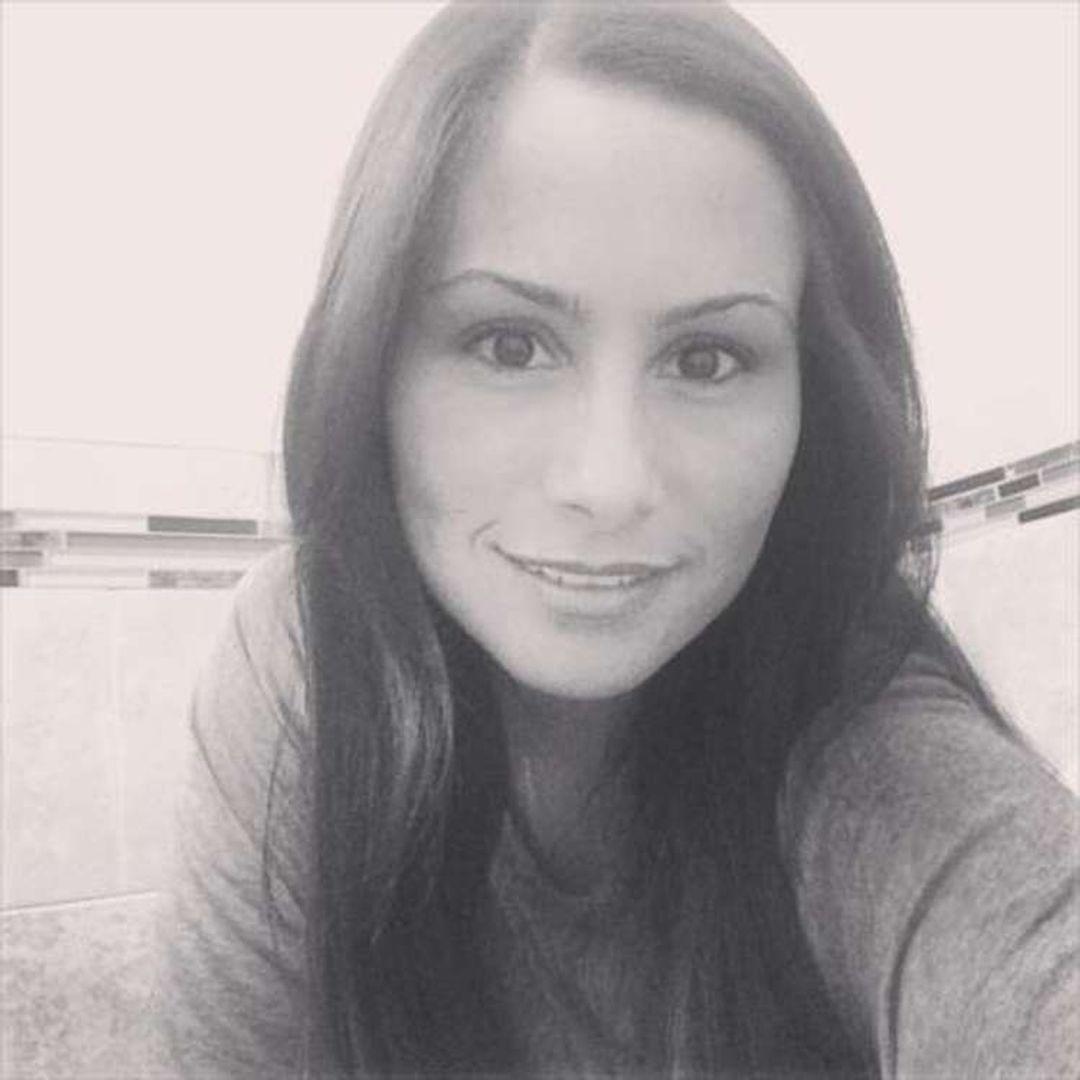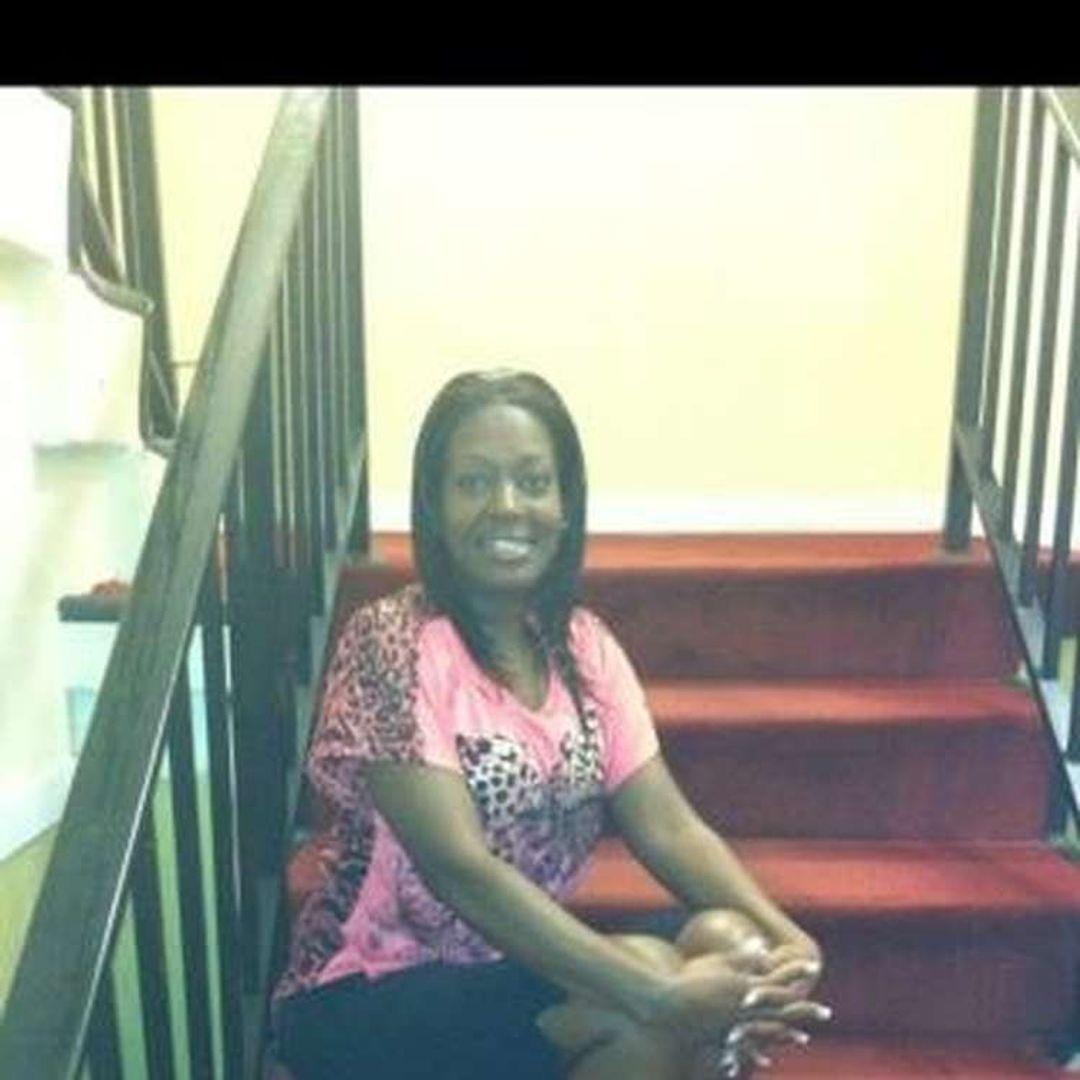I am so thankful to have survived 2020 and to have spent the whole year in Peru. This has been an incredibly tragic year for so many, but for me it has just been an incredible year. I am so privileged to have spent the year in a place where I could make the pandemic a little easier for thousands of families in the thirteen villages I visited throughout 2020.
I took last week off from blogging and spent a very traditional New Years Eve and New Years Day in Urubamba. Just like Christmas Eve, on New Years Eve we waited until midnight, went outside by the nativity scene and gave everybody a hug, wishing them a happy New Year and putting yellow confetti in their hair. On Christmas it was confetti, but for New Year, everything in Peru is yellow and gold. Its supposed to bring a prosperous New Year and goodness do we all need that after last year!
Honestly, I am just so thankful that all of my friends and family survived 2020 and that nobody in my family got Covid. For most of 2020, my only goal was surviving the pandemic. I figured the rest would just work out well enough if I managed to not get Covid. Of course, I managed to do quite a lot during the pandemic and am so grateful that I was in a time and place that I could start something like the Covid Relief Project - and make it work!
New Year in Peru is rung in with yellow and gold on everything from decorations to underwear. The masks and hand washing stations here became the norm nine months ago and are likely to remain the same throughout 2021. The Peruvian government has said that masks will be mandatory until a vaccine is widely distributed.
We went to between May and the end of August, then five more in December and the last one January 3rd. It was an amazing experience and I would absolutely do it again, but I am ready to start looking for work that will pay. I can only do volunteer work for so long before I need to find a real job.
On January 3rd, we had our sixth and last chocolatada for the Covid Relief Project. Just under three hours from Cusco is the village of Siusa. has electricity in some homes, and most have a well nearby. However, the closest healthcare access is over an hour away, in Pisac. There is a primary school but several parents told us that the teacher did not visit once during the 2020 school year. During the pandemic, all students were supposed to stay home and access the national curriculum by internet, public tv channels or public radio stations. Siusa does have radio, but teachers are still supposed to check in with students regularly, assignments and giving feedback on previously collected work. Many are ignored by local governments, especially the more isolated mountain
The sixth and final chocolatada of the Covid Relief Project was in the village of Siusa, high in the mountains above the town of Pisac.
communities. Unfortunately, nobody advocated for the children of Siusa during the pandemic and they did not get the support that they needed.
As with our other five chocolatadas, we started out the day by distributing clothes to children, while the hot chocolate was being made. When we arrived had two giant cauldrons of boiling water ready. We added 30 liters of fresh milk to each, along with a one kilo bar of pure cacao, a handful of cloves and several cinnamon sticks. We always make sure that they bring the milk to a boil, since we buy unpasteurized milk directly from a dairy.
Everybody had been instructed to bring a mug and while not everybody had a mug, some had bowls or even old soda bottles. We made sure that everybody got hot chocolate and panettone before we let the children have seconds on the hot chocolate.
After the chocolatada, president asked one representative from each family receive the food donations. Each family received 5 kilos of rice, 2 kilos of sugar, 1 kilo of salt and 5 bags of oatmeal.
